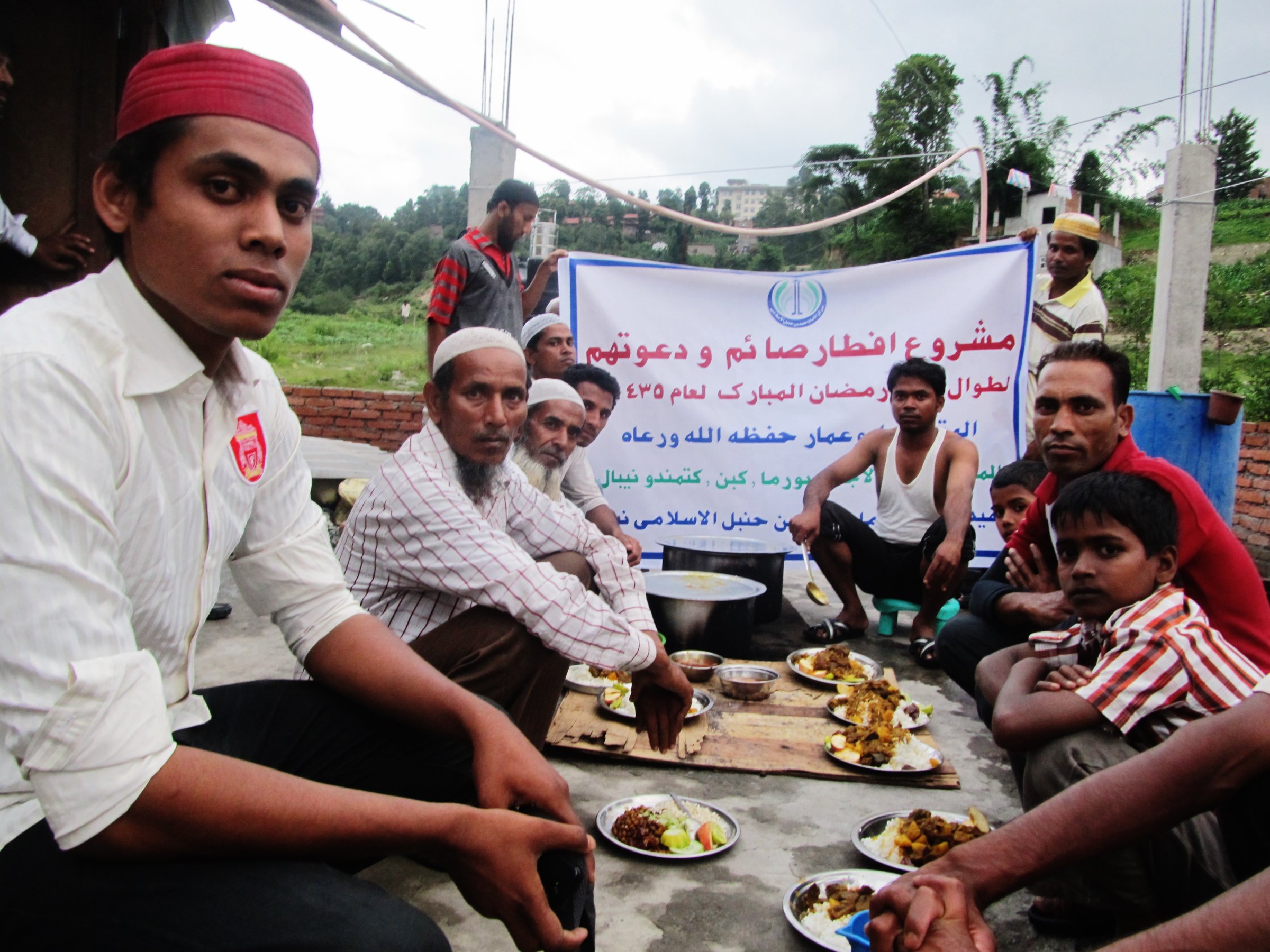
After last Tuesday’s magnitude-7.3 earthquake struck Nepal, the fear of aftershocks prompted Hassan Hassan to sleep on the street. The temblor sliced off his door, shattered his windows, and cracked the walls of the ramshackle dwelling he shared with almost 30 other refugees on Kathmandu’s outskirts.
Hassan is an ethnic Rohingya Muslim from western Burma, a country now officially known as Myanmar. Along with tens of thousands of Rohingyas, the 22-year-old fled recent pogroms initiated by his homeland’s Buddhist majority in search of a better life elsewhere.
But while most Rohingya escape on rickety boats, facing possible extortion or execution in Thai trafficking camps en route to safety, Hassan instead trundled overland more than 100 km into the snow-capped Himalayas.
And despite the wanton devastation, half-million homes flattened and at least 8,500 lives lost, the recent twin quakes and numerous aftershocks have not stopped Hassan from counting his blessings.
“I am lucky,” he tells TIME. “If I had gone to Thailand, maybe I also would’ve died.”
Out of Nepal’s total 37,000 refugees, some 120 are Burmese, of whom 70% are Rohingya, according to the local U.N. refugee agency (UNHCR) office. While the 21,500 camp-based Bhutanese are recognized as legitimate refugees, “urban refugees” like the Rohingya are officially deemed illegal migrants.
The Rohingya, Burma's Forgotten Muslims by James Nachtwey
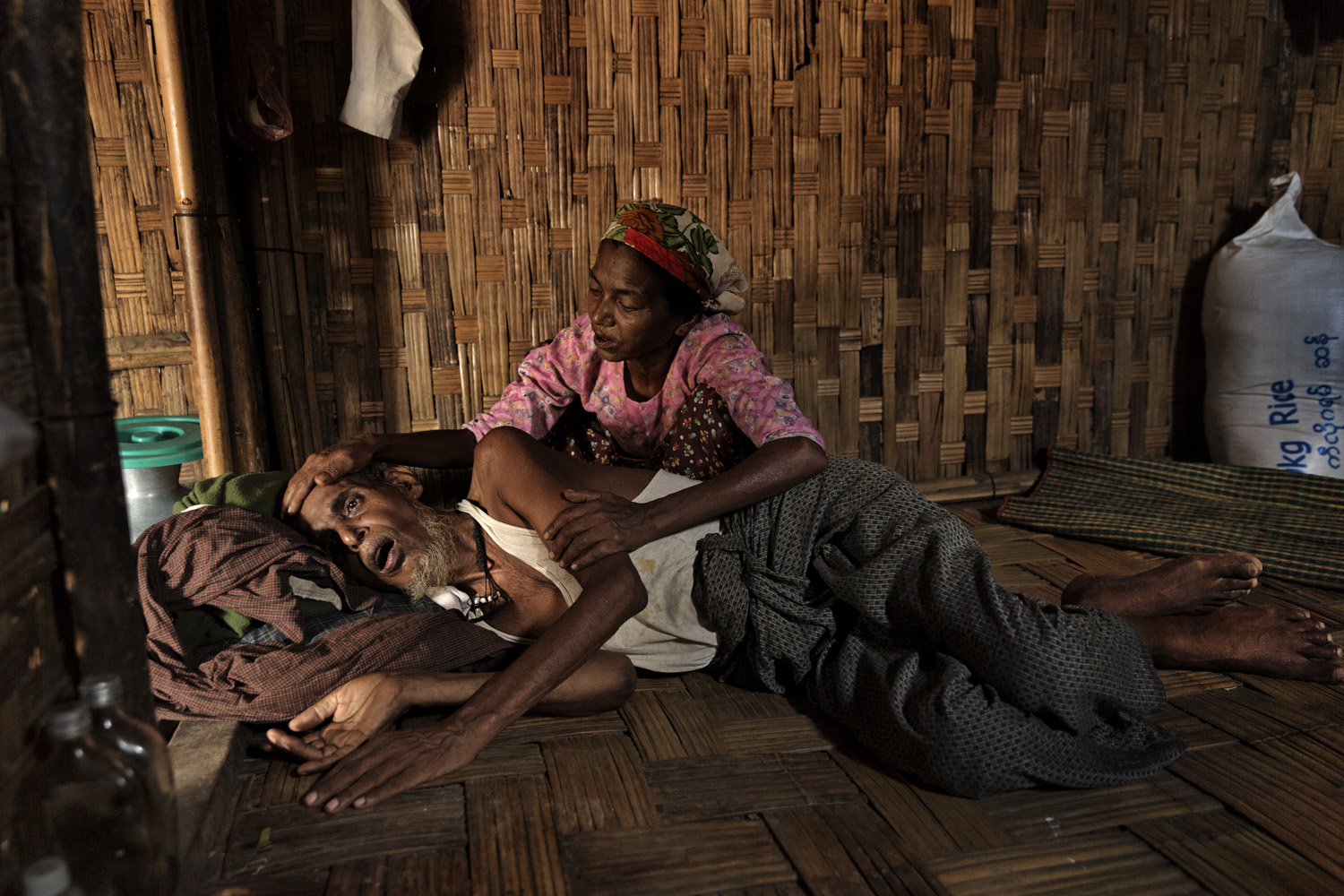
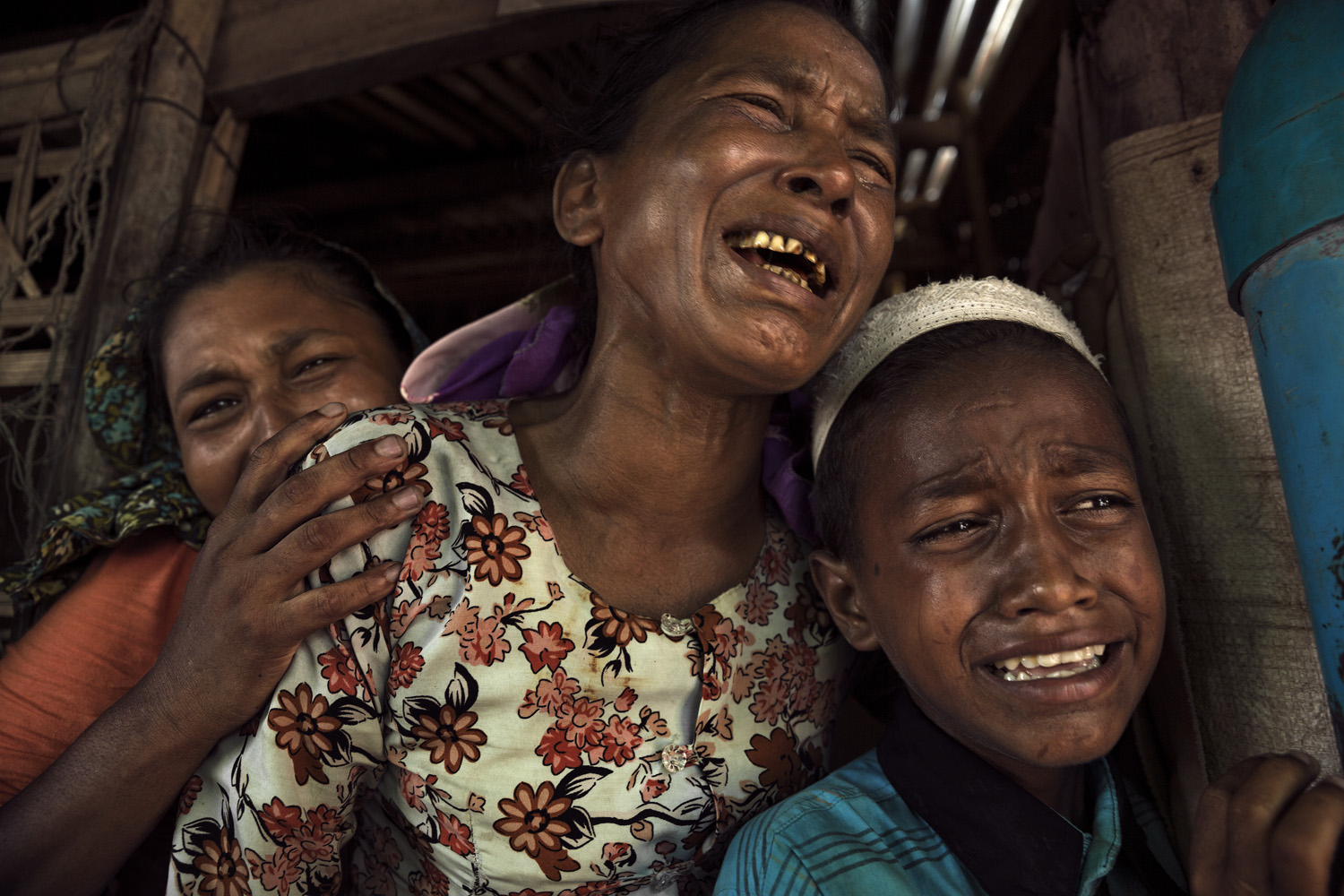
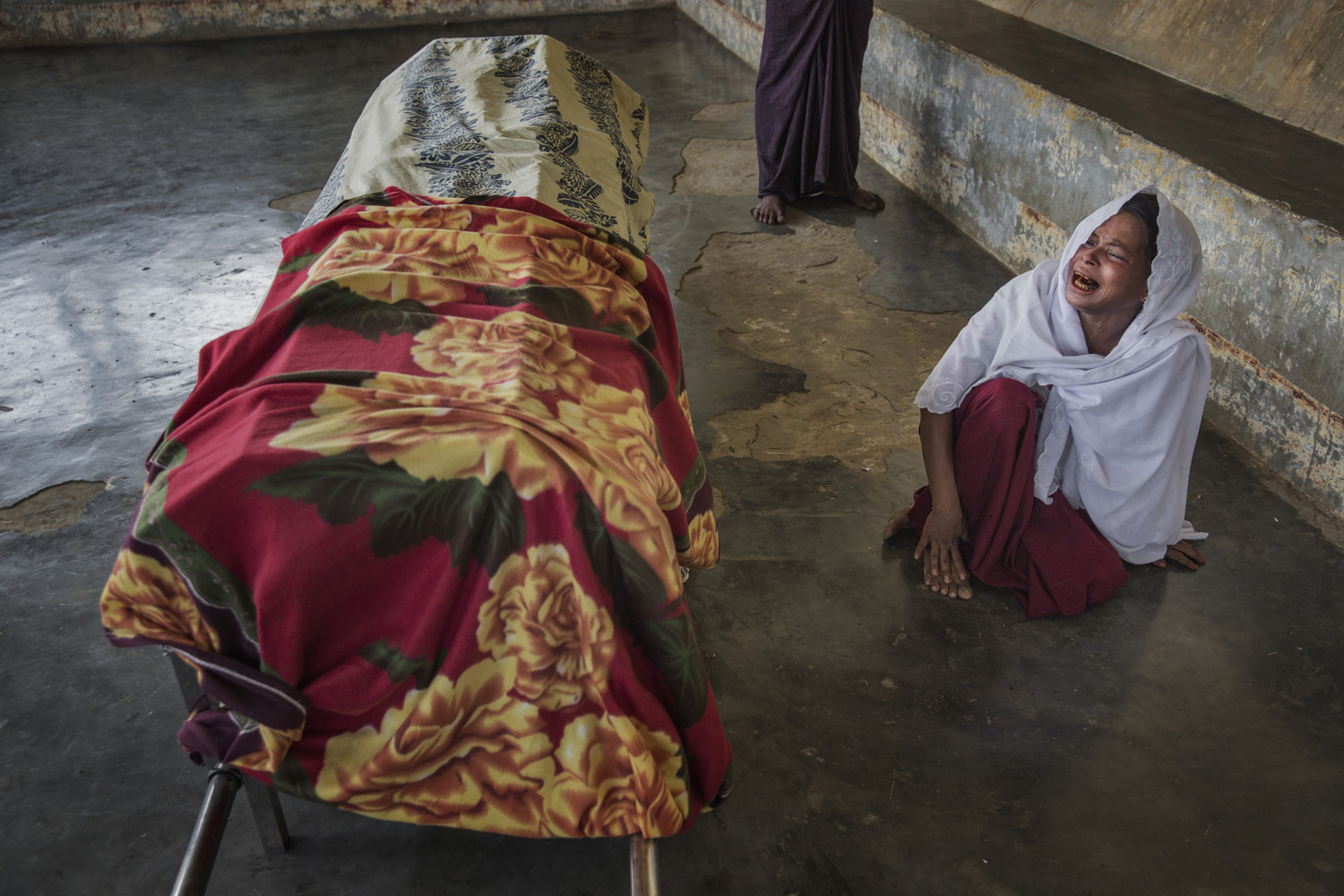
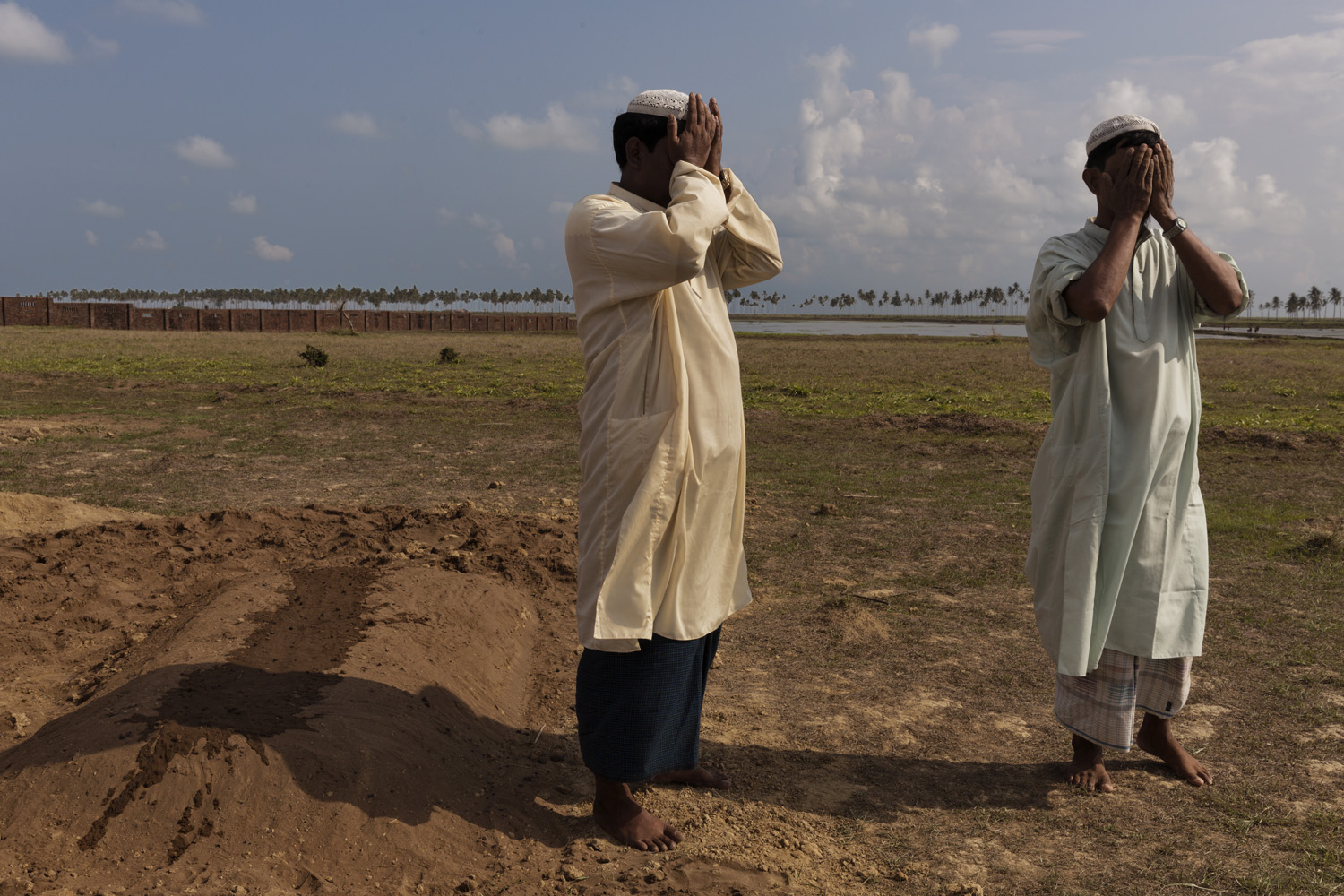
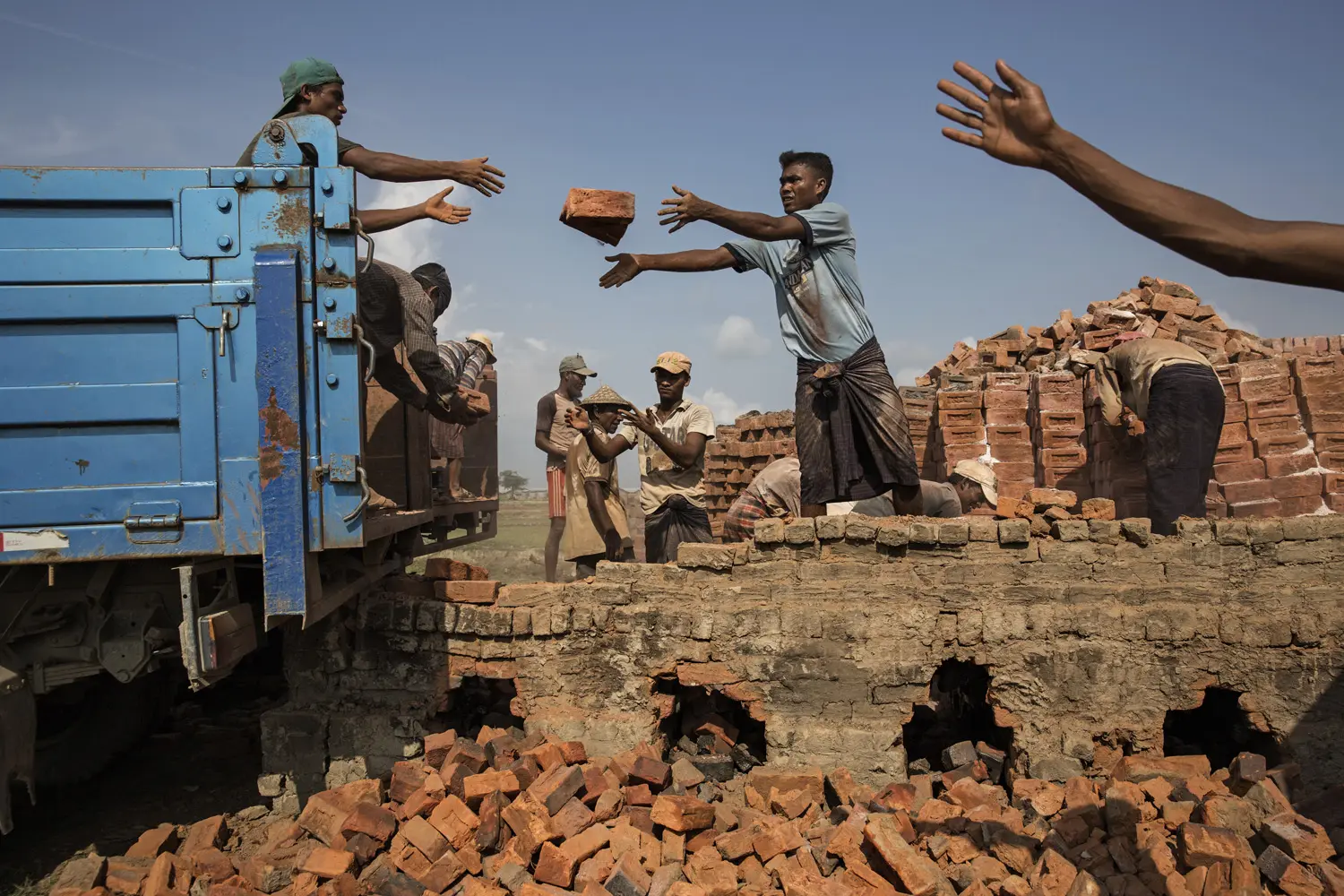
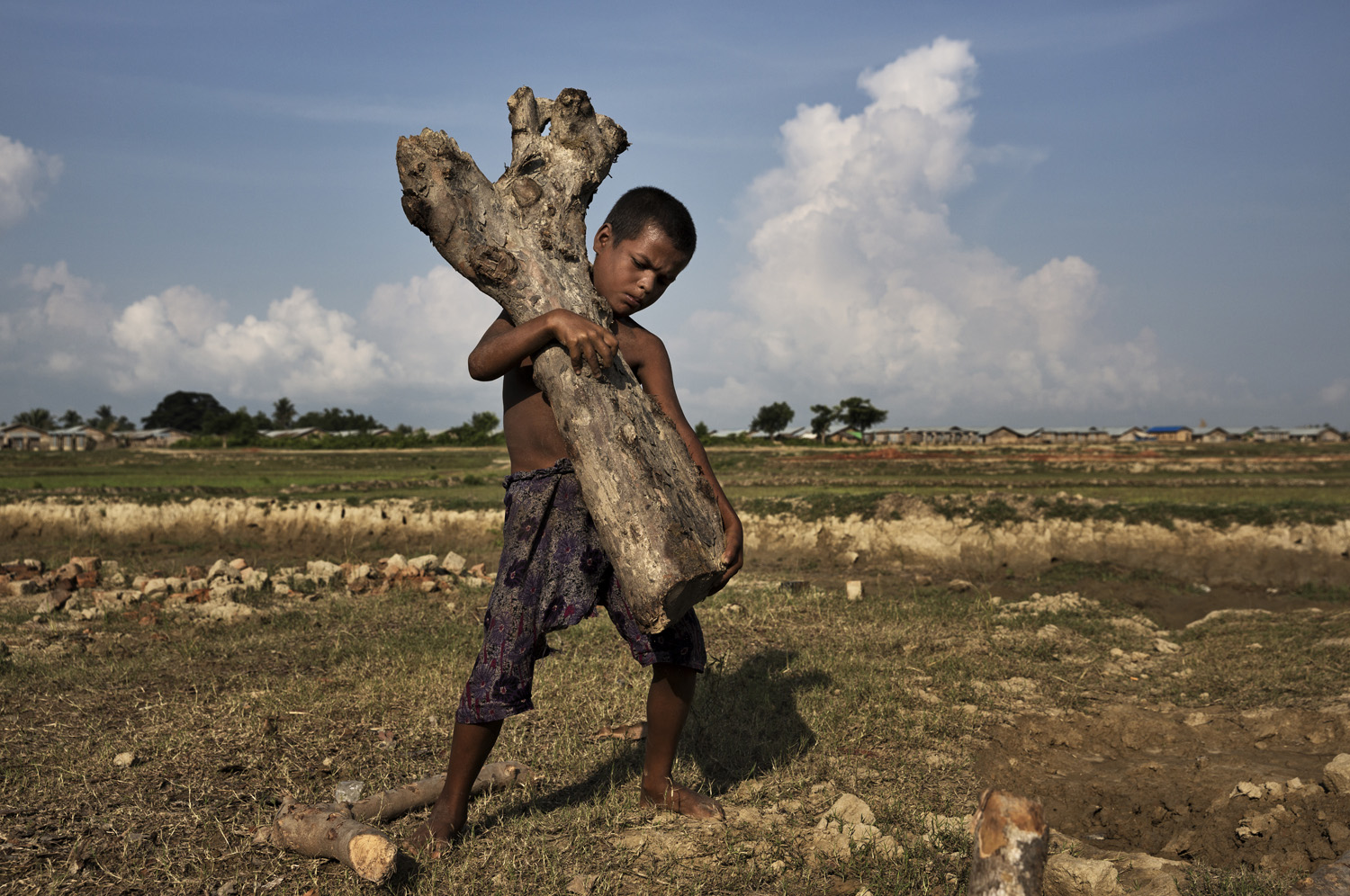
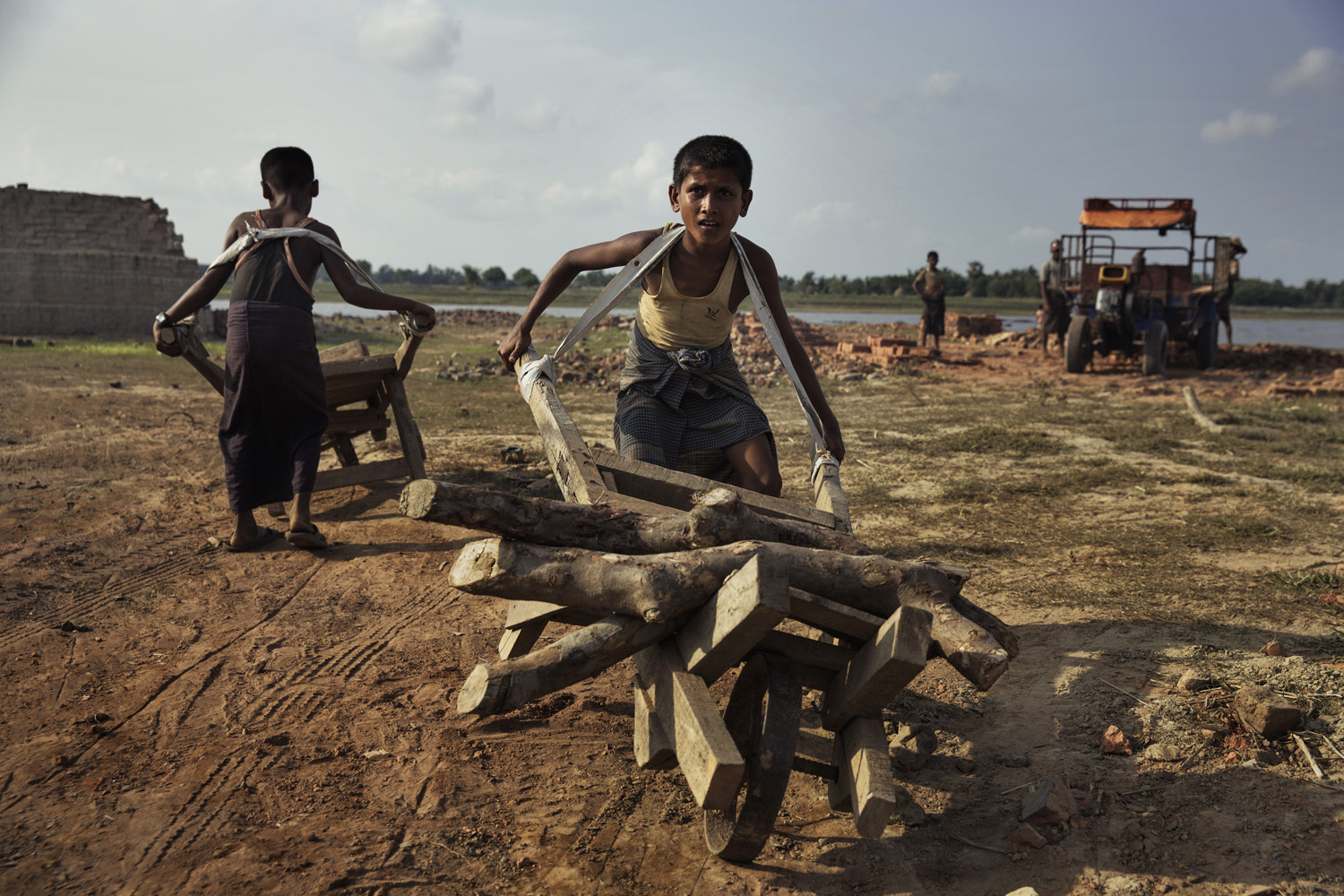
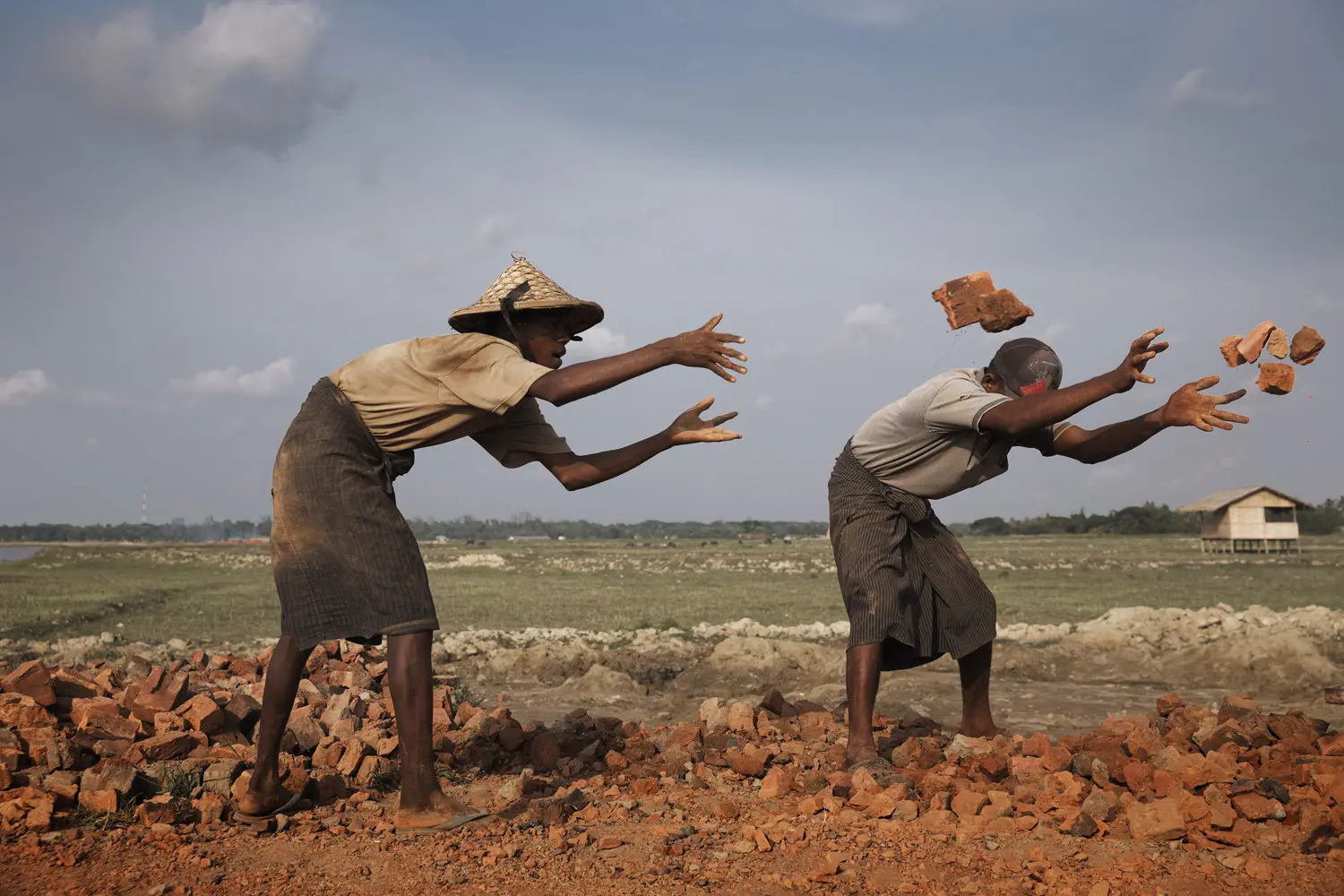
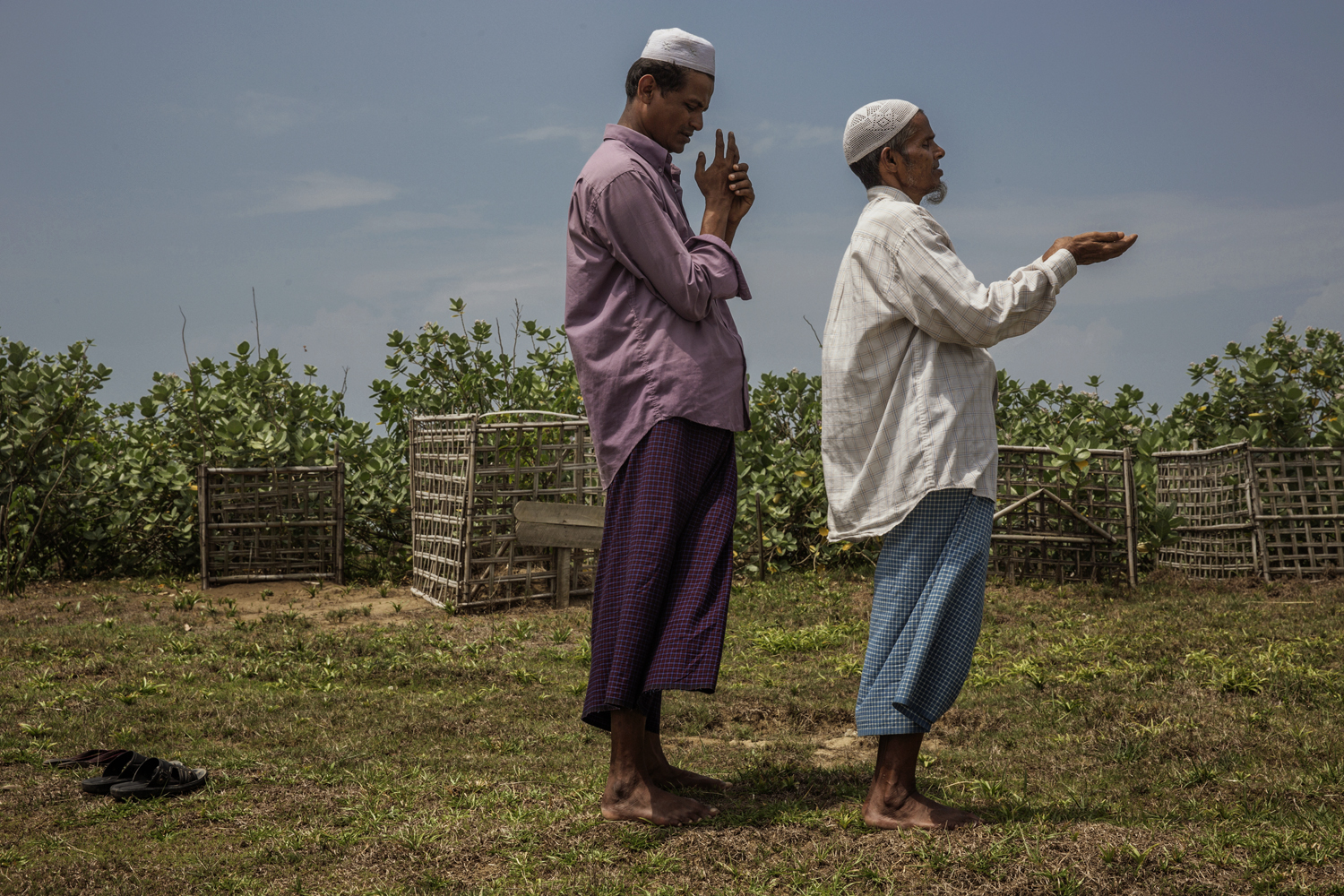
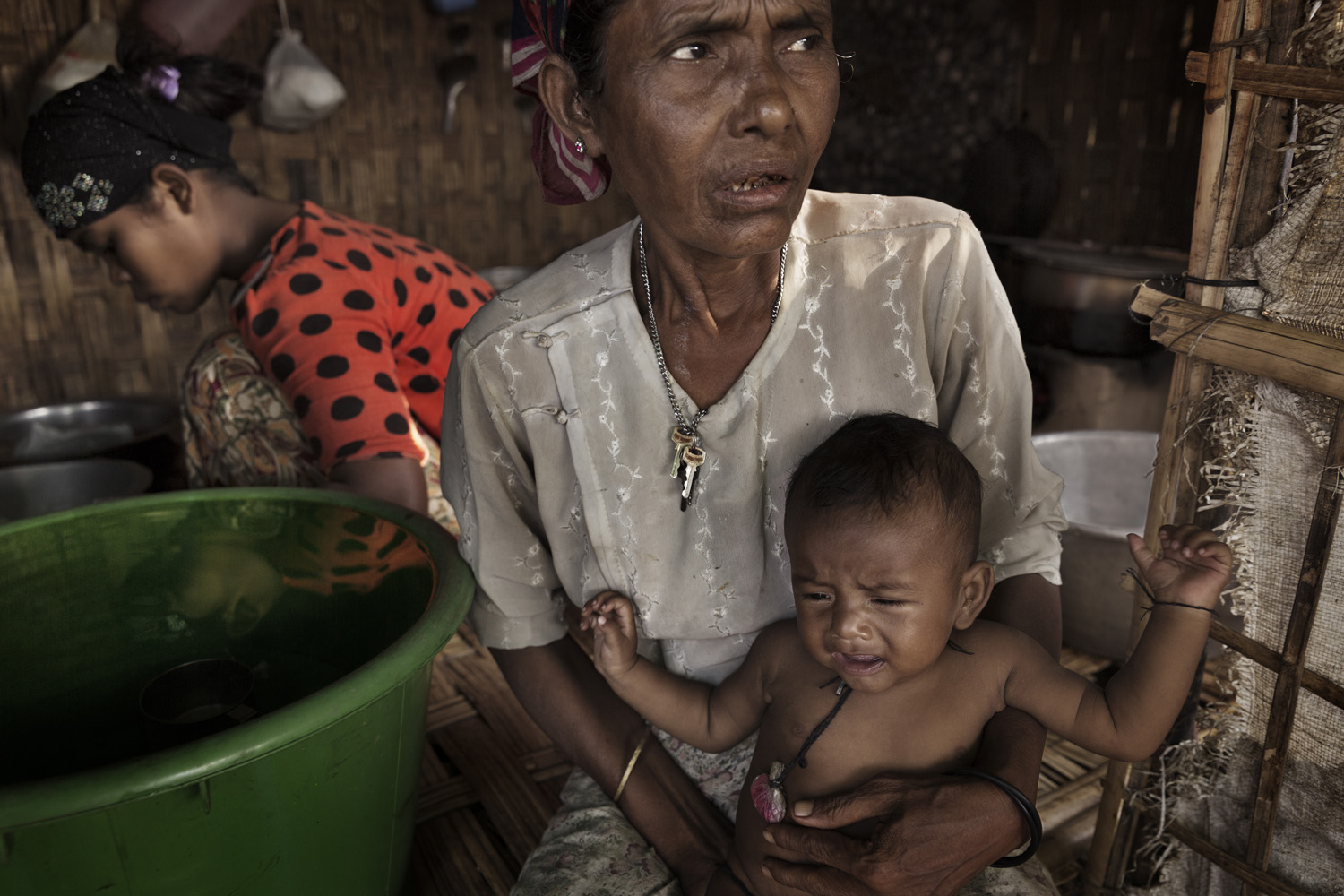
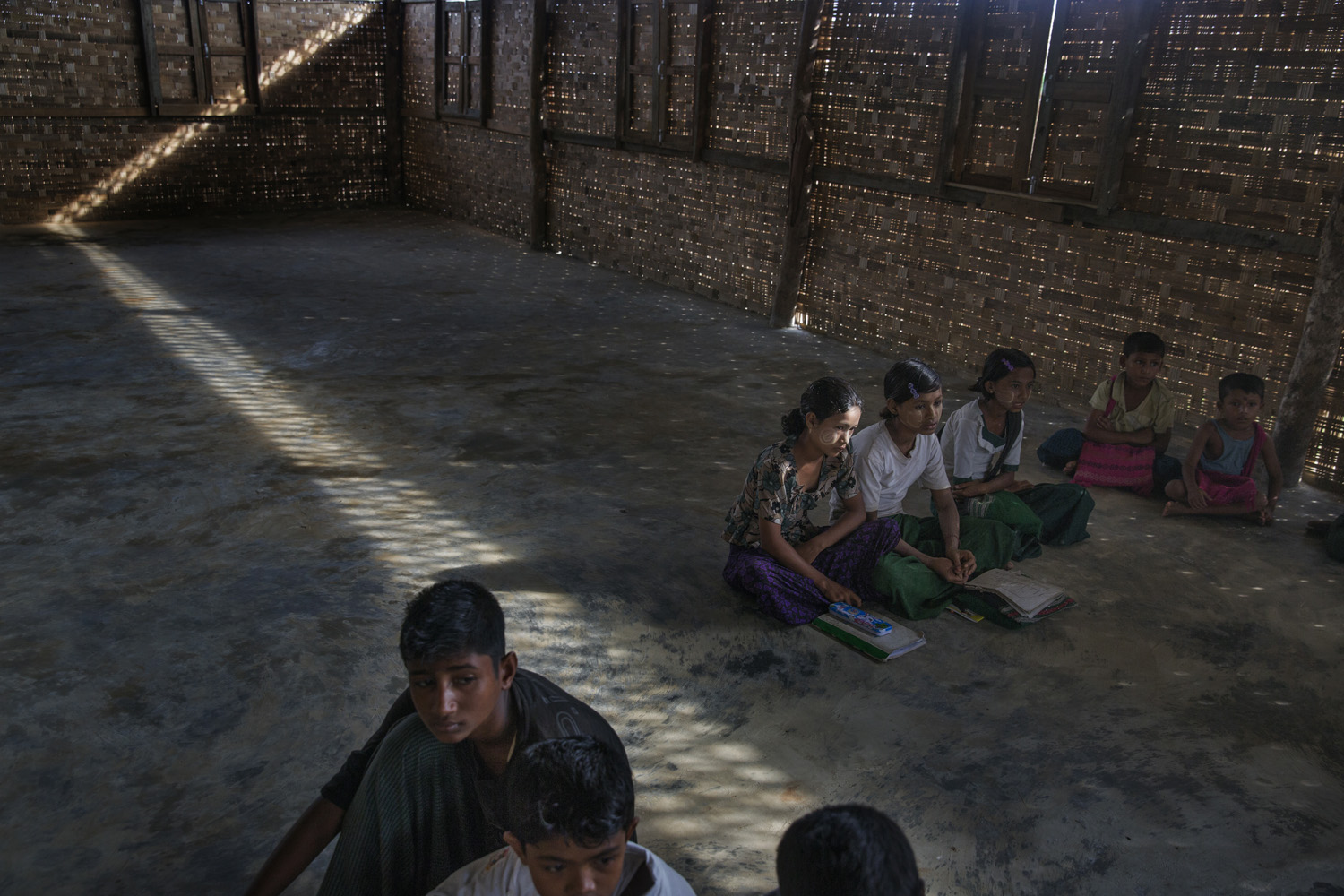
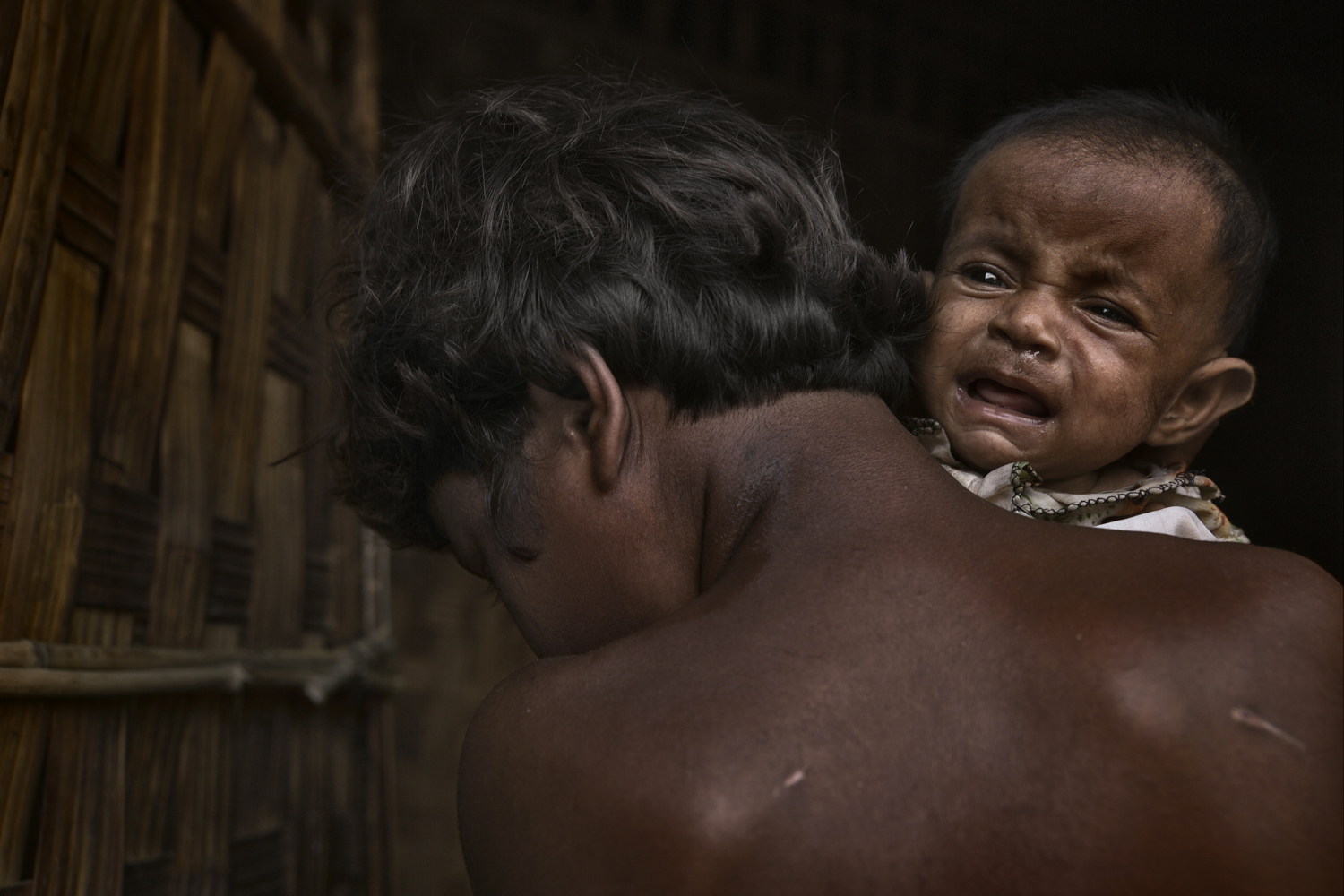
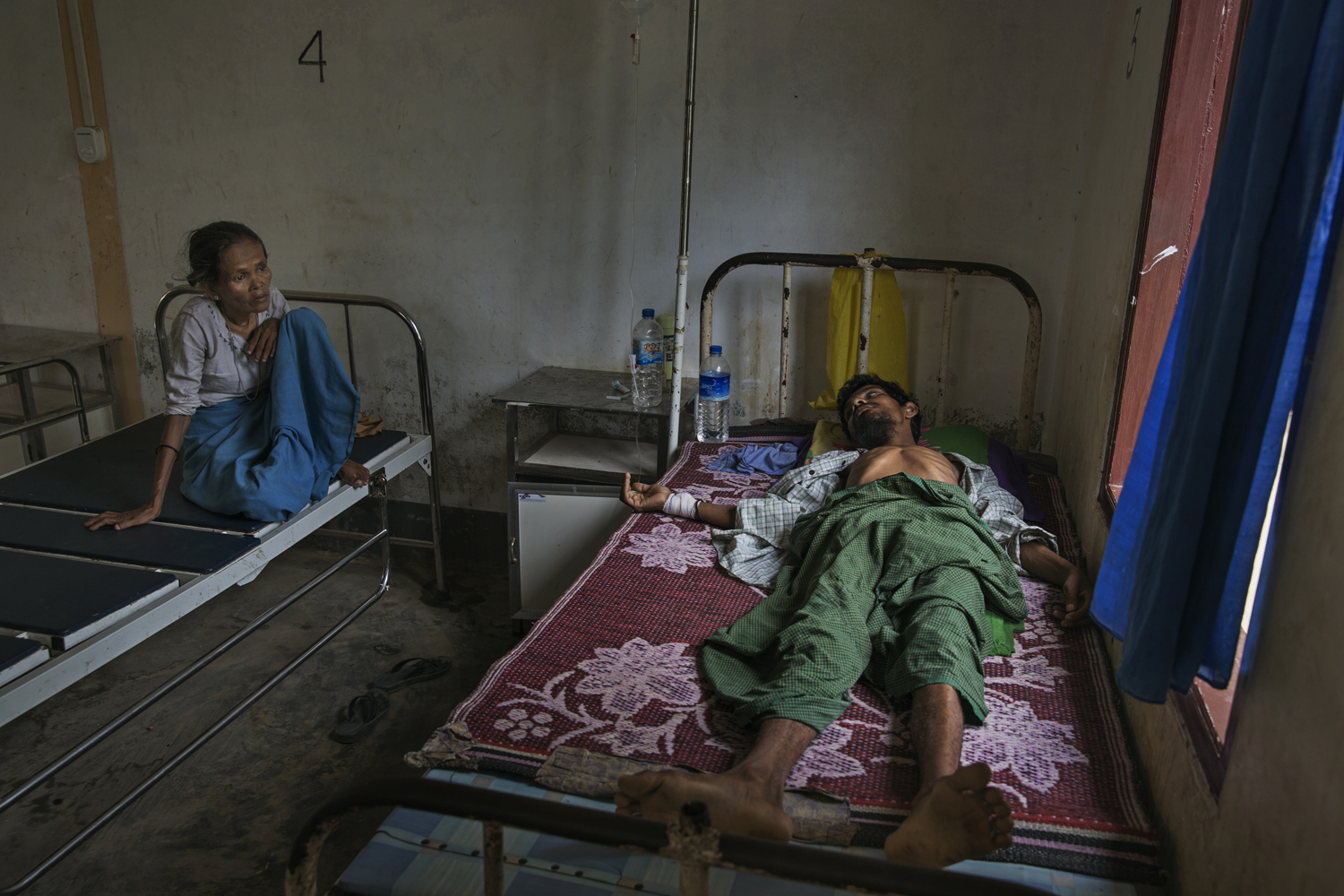
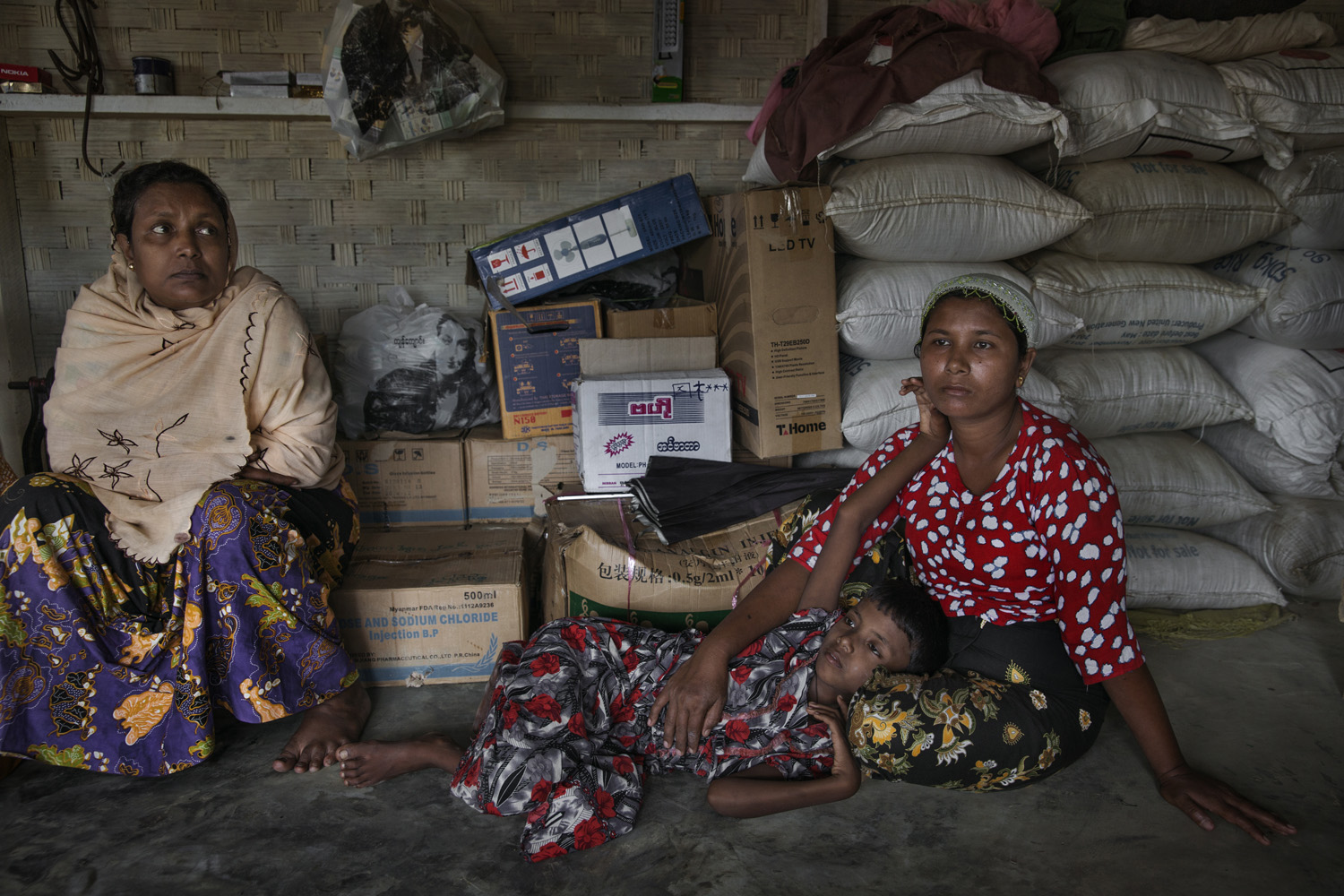
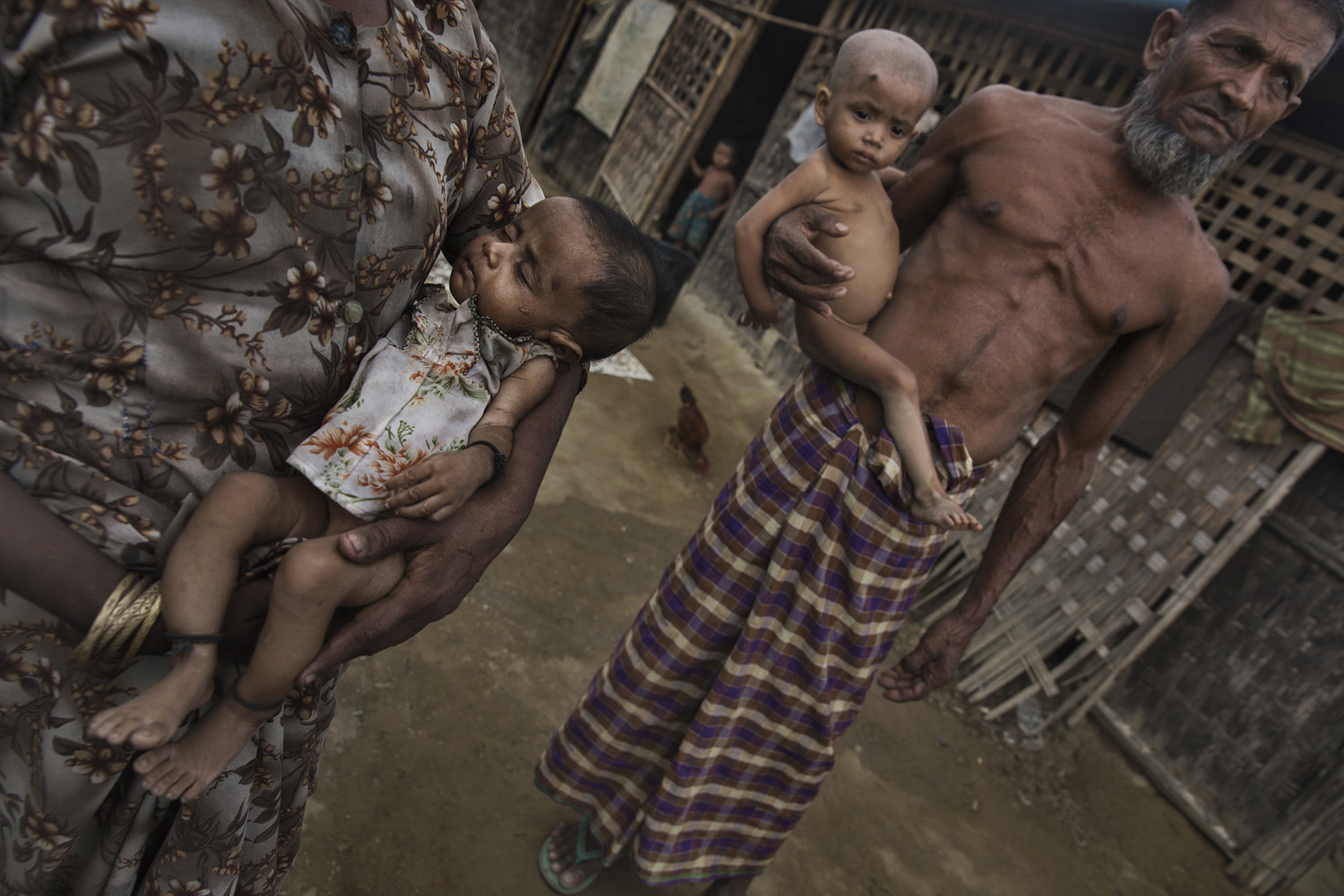
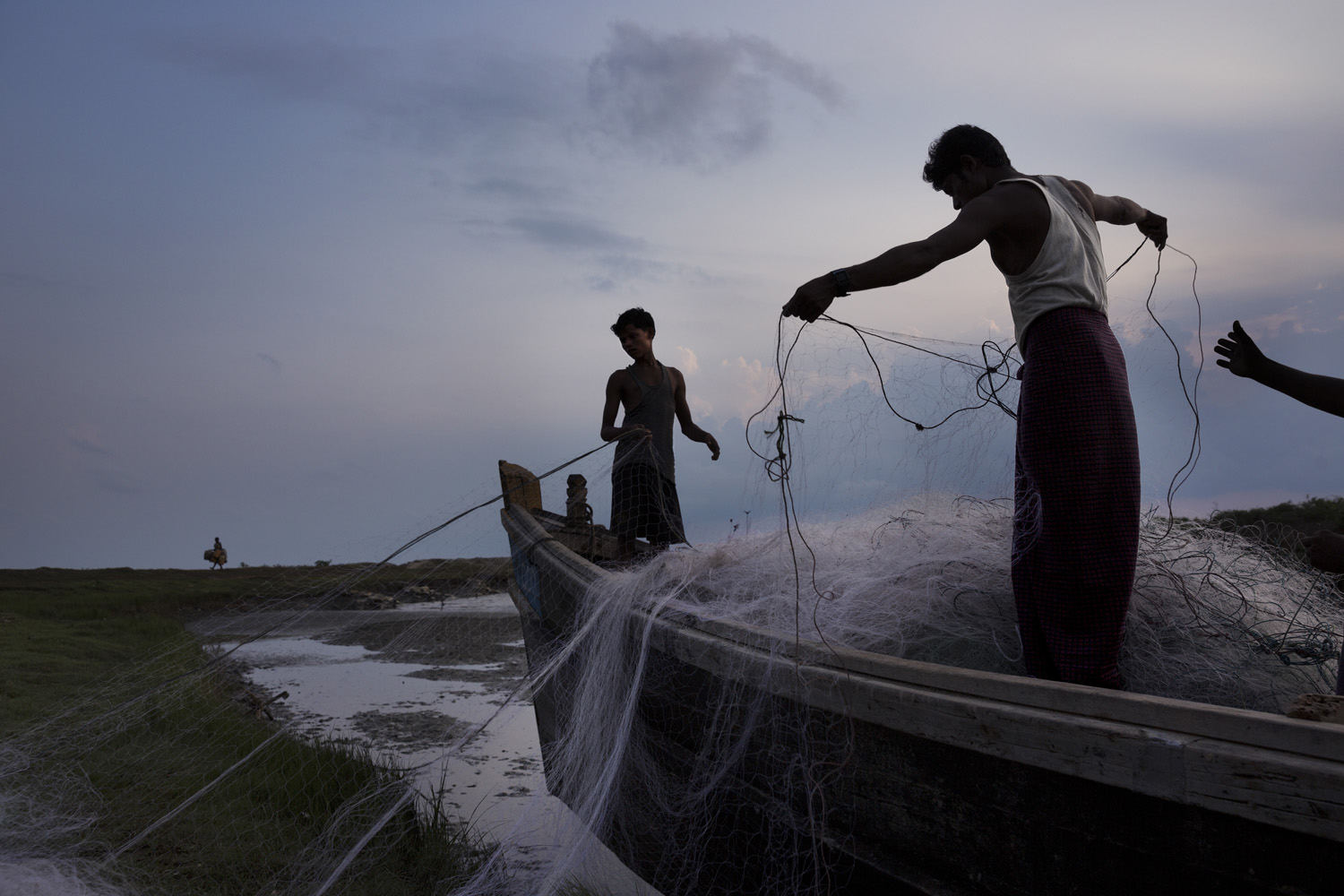
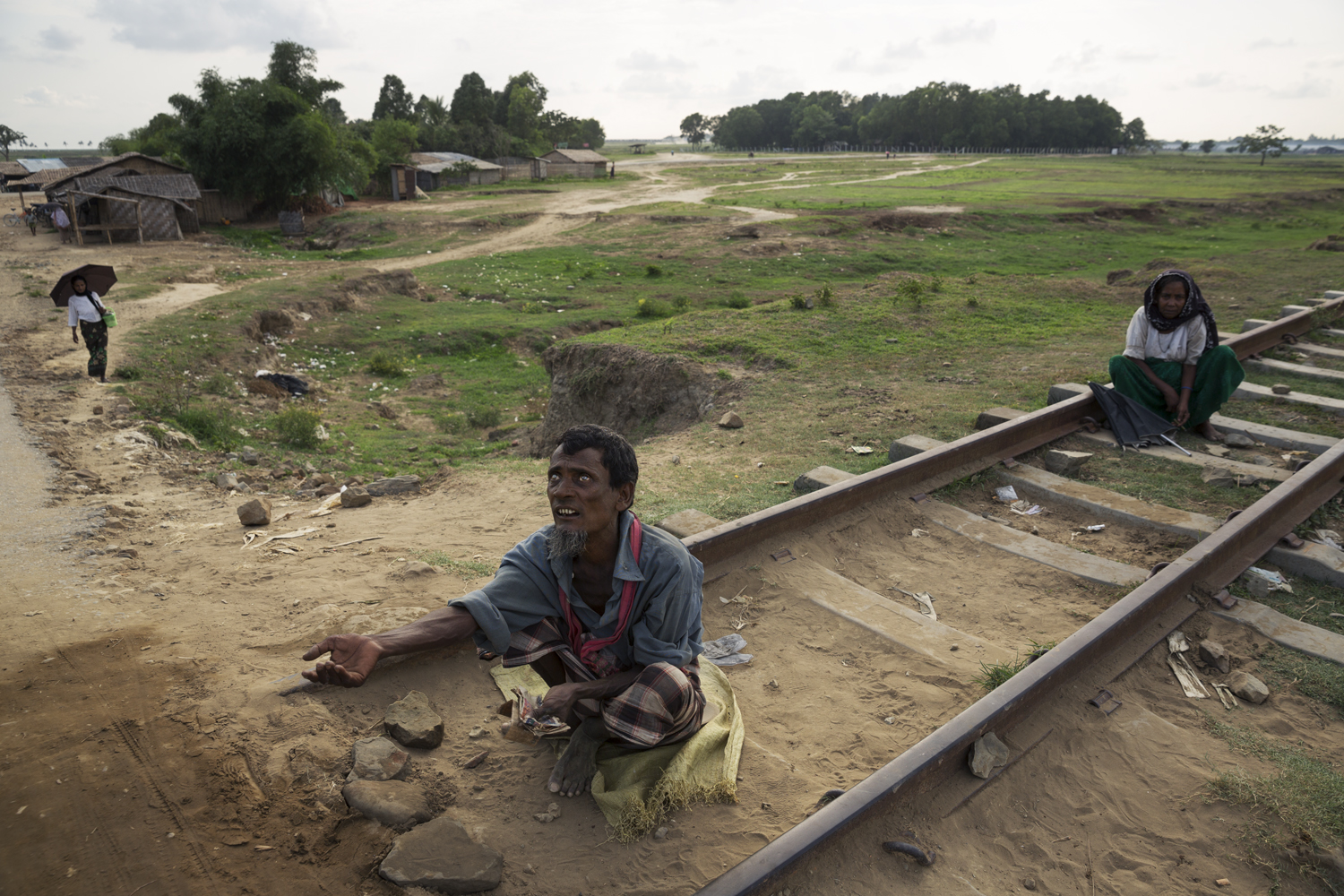
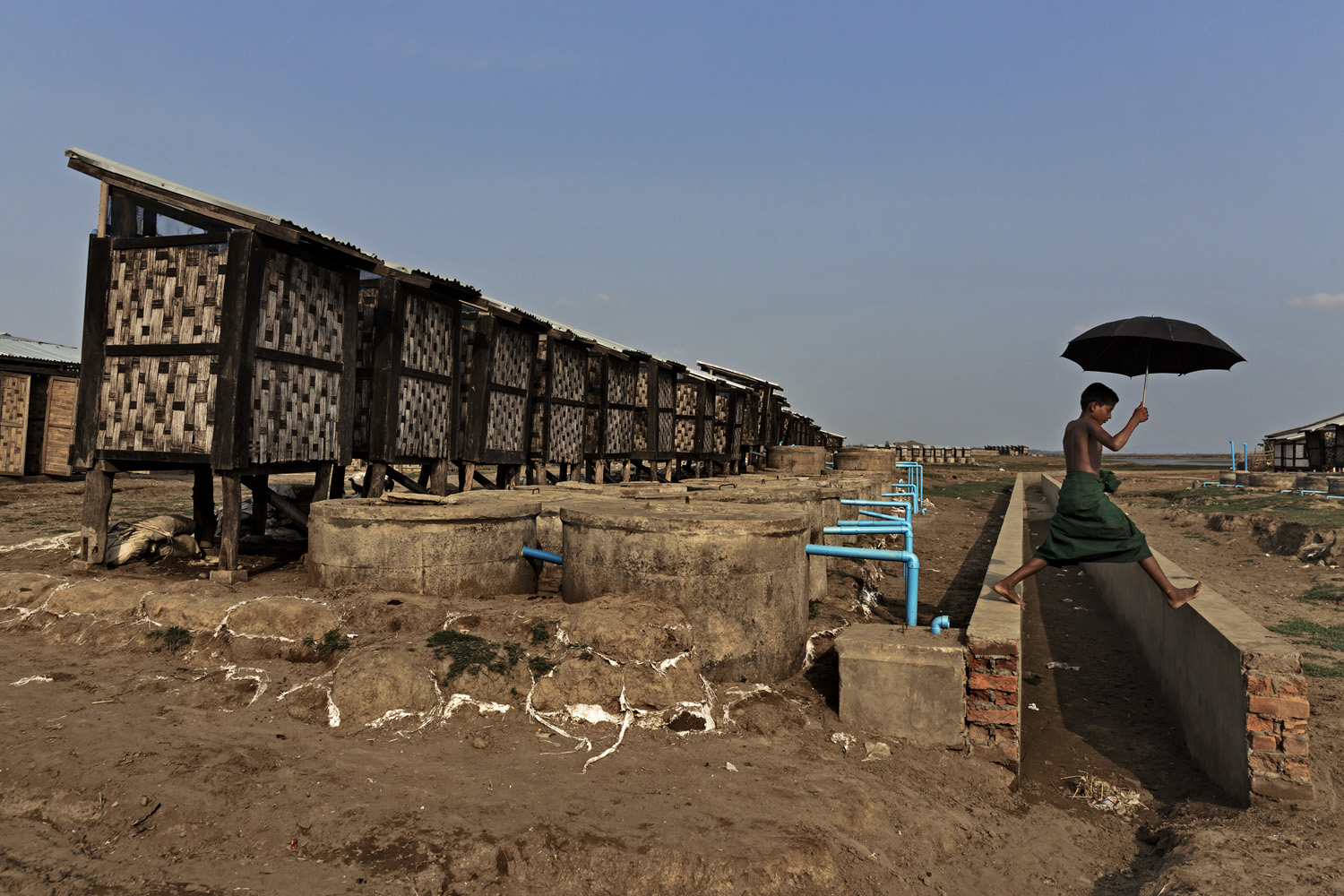
The Rohingya are a stateless Muslim group of 1.3 million that mainly live in Burma’s westernmost Arakan state, and are dubbed “one of the world’s most persecuted peoples” by the U.N. The Burmese government refuses to grant them citizenship and claims they are in fact interlopers from neighboring Bangladesh, even though many have lived in the country for generations. Bangladesh similarly shuns them as non-citizens.
Rohingya in Burma face restrictions on travel, education, marriage and land ownership. However, when politically expedient to the military-dominated government, Rohingyas have occasionally been allowed to vote.
“Many of them have been killed,” says Silvia di Gaetano, a Burma researcher at the Rights in Exile Programme. “Those who remain suffer malnutrition and starvation; severe physical and mental illness; and above all discrimination and persecution.”
Confined to squalid displacement camps, many Rohingya have fled east, potentially to die in the sea on the way to Muslim-majority Indonesia and Malaysia. Now, however, these nations have started turning the boats away. And in recent weeks, mass graves have been uncovered in the thick jungle where Thailand tapers into Malaysia, belonging to Rohingya who fell prey to human traffickers that demand exorbitant ransoms to set them free. Those without wealthy connections are slain as a warning to others.
Activists have raised alarm that the Andaman Sea’s transformation into a “floating graveyard” is imminent, as the world witnesses a startling uptick in Rohingya’s perilous cross-border journeys. The U.N. reports that in this year alone, these voyages have nearly doubled, with almost 25,000 people estimated to attempt the journey, and 300 deaths already projected from unsuccessfully charting it.
As this humanitarian crisis deepens, most Rohingya in Nepal have expressed gratitude for the nation’s willingness to take them in and donate tents and critical relief supplies, despite recent quake-related hardships.
“For Rohingya, Nepal is still better than Burma,” says 30-year-old Zafir Miya, who also traversed South Asia — from Burma through Bangladesh and India to Nepal — in order to find a safe haven.
Hassan, who believes he is Nepal’s first Rohingya refugee, arrived in August 2012 — by mistake. “When I went from Bangladesh to India, the currency changed, so I knew I was in a different country,” he recalls. “But when I entered Nepal, they were still using Indian currency.”
Hassan did not realize Kathmandu was the capital of Nepal, a distinct country. Growing up in the Maungdaw district of Arakan state, Hassan says he lacked access to radio, television — Burma banned Rohingya-language broadcasts in 1965 — or even a SIM card, which before recent reforms would cost over $2,000.
When Hassan made his way to Kathmandu, he first scoured the city’s jails for the familiar faces of his missing kin, as many urban refugees are rounded up by police for illegal stays.
“Most [refugees] have been overstaying in Nepal for years,” says UNHCR Nepal spokesperson Deepesh Das Shrestha. The refugees are subject to a $5 per day overstay fine, possibly accumulating thousands of dollars in debt they cannot pay, because they are not allowed to work.
Without labor privileges in Nepal, most Rohingya are forced to stay idle, surviving on a UNHCR stipend of slightly more than $42 per month. For Hassan, this means his memory is awash with details of family he has not seen since before the 2012 Arakan state riots. He stays awake thinking of his mother Hafiza Begum, 43, whose towering stature distinguishes her from most Rohingya women. Hassan’s black-bearded father of 6 ft. 5 in., Mohammad Amin, 50, is marked by a 1.5-in. scar above his nose. All members of his family, except his 4-ft. 8-in. sister Rubina Aziz, are taller than the average Burmese citizens, including his four brothers: Emrun Faroque, Mojibur Rahman, Mahfujur Rahman and Tareq Aziz.
“If they are in Burma, they are dead,” says Hassan. “But if they escaped, there is a chance I can find them.”
According to UNHCR Nepal, nearly 60% of Nepal’s refugees from Burma are single men searching for family members. When communal riots first erupted in Arakan, Hassan was working in Bangladesh as a seasonal laborer, but planned to return home to observe the Islamic holiday of Eid al-Fitr.
But when he did, Hassan found an empty home amid a forsaken desert of torched houses. A neighbor said his relatives might have fled to Bangladesh during the violence, so Hassan left on a fisherman’s boat under the cover of night to examine Rohingya camps in Cox’s Bazaar.
Finding no answers there, Hassan had few options but to follow rumors that his family might have pushed on into India. After searching fruitlessly in Darjeeling and West Bengal, Hassan went to Nepal.
For all its challenges, Nepal pales in comparison to stories Hassan says he hears from those trapped in Malaysia, Thailand or Indonesia. And Hassan, like the majority of Rohingya, has found a sense of community with Nepal’s minority Muslim community, which accounts for a mere 4% of the population of 30 million.
“In Nepal, they don’t look at the difference between a Hindu or Muslim,” Miya tells TIME.
“In Burma, just being Muslim is like a crime,” Hassan adds.
Yet the nagging question of missing relatives remains. Nepal is a transit point, a temporary shelter before the Rohingya weather the next storm. UNHCR has set up psychosocial counseling for refugees to alleviate earthquake-related anxiety, but the larger problem remains: How does a Rohingya refugee build a life between one location and the next? How does he track down loved ones without papers — lacking any state recognition — that remain in perennial flight, floating in seas, trundling across borders, always fleeing one threat only to face another?
In spite of its seismological perils, Nepal affords the Rohingya an opportunity to carve out a life freer than Southeast Asia, and many hope to bring kin — if they ever find them — to also settle in Kathmandu.
Though far from perfect, quake-ravaged Nepal may offer the best hope to a community whose statelessness remains a source of horrific vulnerability.
“This is the situation of the Rohingya,” says Hassan. “The person who is not a citizen anywhere has no limit to the punishment he can suffer.”
More Must-Reads From TIME
- The 100 Most Influential People of 2024
- Coco Gauff Is Playing for Herself Now
- Scenes From Pro-Palestinian Encampments Across U.S. Universities
- 6 Compliments That Land Every Time
- If You're Dating Right Now , You're Brave: Column
- The AI That Could Heal a Divided Internet
- Fallout Is a Brilliant Model for the Future of Video Game Adaptations
- Want Weekly Recs on What to Watch, Read, and More? Sign Up for Worth Your Time
Contact us at letters@time.com